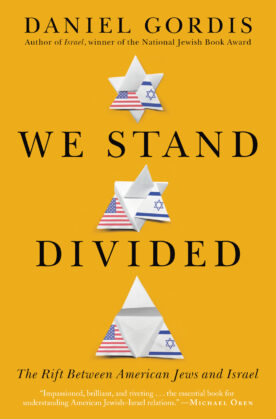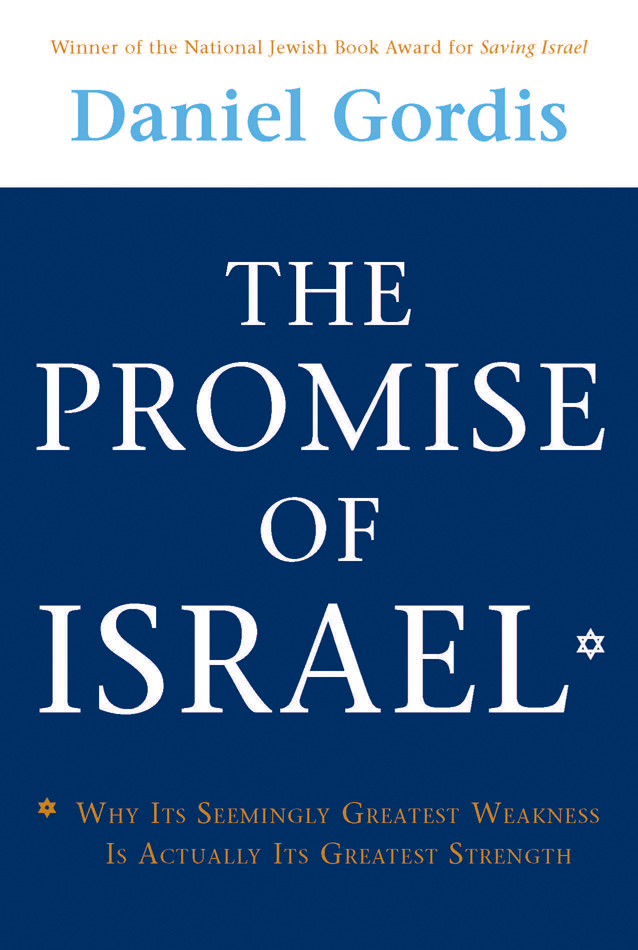

Kurtzer is the president of the Shalom Hartman Institute of North America, the New York-based branch of the Israeli think tank that promotes a diverse, engaged relationship with Israel. Here is what a few of them are saying (with a word from a defender of the government): I read through the various ways Jewish leaders and writers here and in Israel are not just justifying Diaspora Jews who are protesting what is happening in Israel, but providing public permission for others to do the same.

As Abe Foxman, who as former director of the Anti-Defamation League rarely criticized Israel, told an interviewer, “If Israel ceases to be an open democracy, I won’t be able to support it.”


In recent weeks, there has been an emerging literature of what I have come to think of as “reluctant dissent.” What these essays and sermons have in common, despite the different political persuasions of the authors, is a deep concern over Israel’s “democratic character.” They cite judicial reforms that would weaken checks and balances at the top, expansion of Jewish settlements that would make it impossible to separate from the Palestinians, and the Orthodox parties that want to strengthen their hold on religious affairs. (The glaring exception has been about Israeli policy toward non-Orthodox Judaism, which is seen as very much the Disapora’s business.) Partly this is tactical: Few rabbis want to alienate any of their members over so divisive a topic, and in the face of an aggressive left, organizational leaders did not want to give fuel to Israel’s ideological enemies. Nevertheless, while left-wing groups like J Street and T’ruah have long been comfortable criticizing the Israeli government or defending Palestinian rights, many in the centrist “mainstream” - pulpit clergy, leaders of federations and Hillels, average Jews nervous about spoiling a family get-together - have preferred to keep their concerns to themselves. The debate sort of petered out in the early-1990s, when Israel itself began talking about a Palestinian state, and when right-wing groups then decided criticizing Israel was a mitzvah. ( JTA) - I started reporting on North American Jews and Israel in the last century, and for years covered the debate over whether Jews in the Diaspora had a right to criticize the Israeli government in public.


 0 kommentar(er)
0 kommentar(er)
